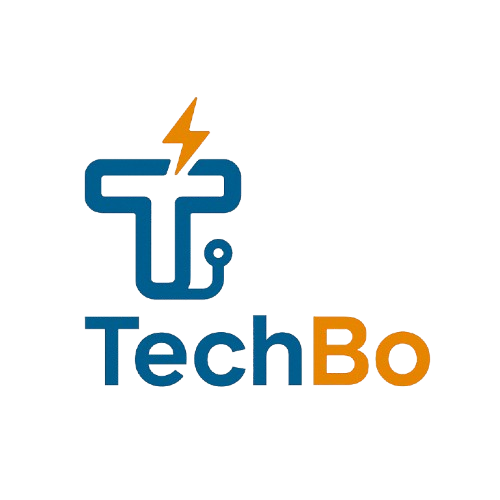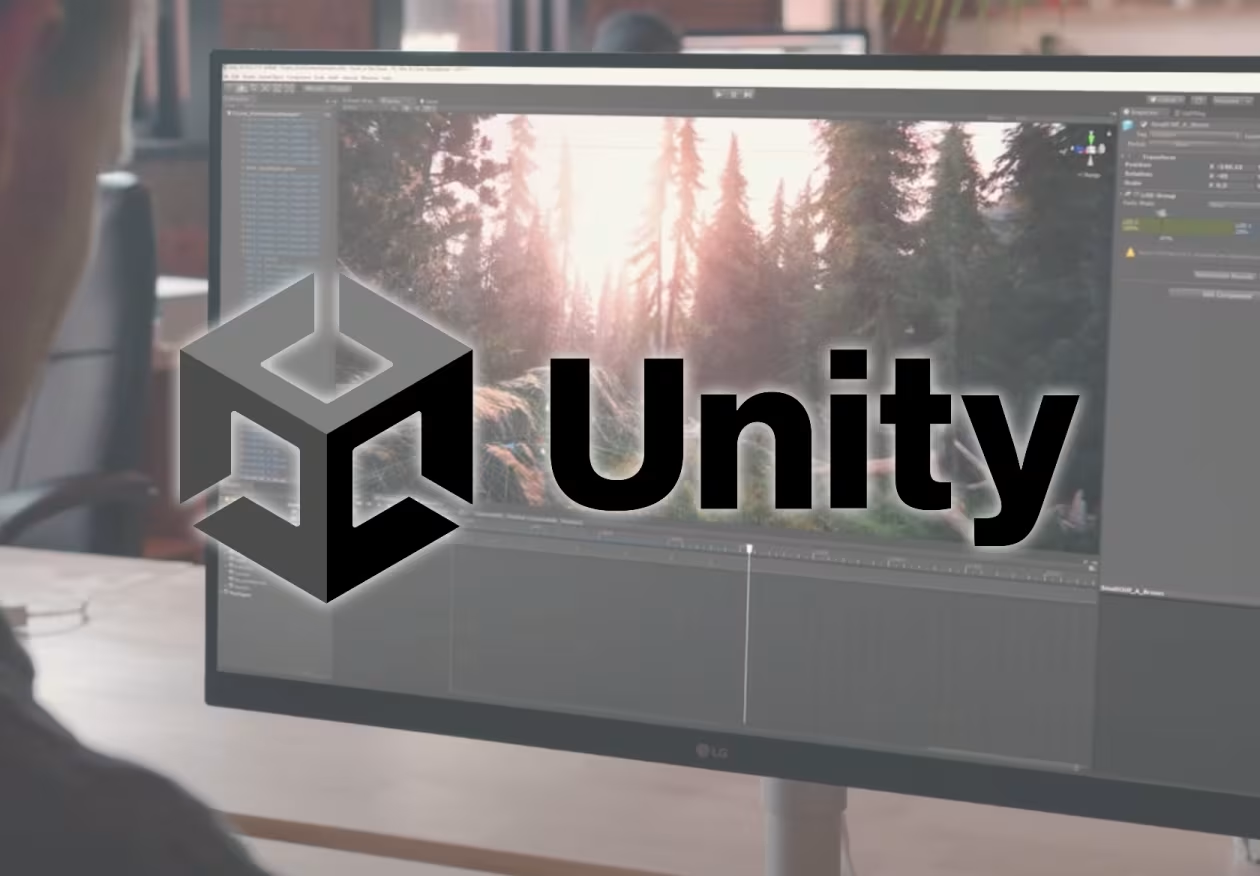Unity Software Stock
Introduction
Unity Software Inc. (NYSE: U) has emerged as a pivotal player in the world of real-time 3D development, powering everything from video games to automotive design simulations. Since its IPO in September 2020, Unity’s stock has captivated investors with its high-growth potential, though its volatility has also raised questions. This article dives into Unity’s business model, recent stock performance, financial health, growth opportunities, and risks to help investors assess whether this tech innovator deserves a spot in their portfolios.

1. Unity Software: Company Overview
Unity’s core product is its eponymous game engine, a software platform that enables developers to create interactive 2D and 3D content. While it’s best known for gaming—47% of the top 1,000 mobile games are built with Unity—the company has aggressively expanded into adjacent markets:
- Film & Animation: Used by studios like Disney to pre-visualize scenes.
- Automotive & Manufacturing: Partnerships with BMW and Tesla for digital twins and AR/VR simulations.
- Metaverse Infrastructure: Tools for building virtual worlds, leveraged by Meta and Microsoft.
Unity operates two primary segments:
- Create Solutions: Software subscriptions for developers.
- Operate Solutions: Monetization tools like ads and analytics.
The company’s “democratization of development” ethos has attracted over 2.2 million monthly active creators, making it a critical enabler of the $200B+ gaming industry and beyond.
2. Stock Performance: A Rollercoaster Ride
Unity went public at 52persharein2020,soaringtoanall−timehighof52persharein2020,soaringtoanall−timehighof210 in November 2021. However, macroeconomic headwinds and internal challenges have since led to significant volatility:
- 2022–2023 Downturn: Shares plummeted 85% from peak levels, mirroring the broader tech selloff driven by rising interest rates and recession fears.
- 2023 Rebound: After hitting a low of 24inMay2023,thestockrecoveredto 24inMay2023,thestockrecoveredto 40 by late 2023, buoyed by cost-cutting measures and AI-driven optimism.
Key Catalysts for Volatility:
- Leadership Changes: CEO John Riccitiello stepped down in October 2023 amid pricing model backlash.
- Controversial Runtime Fee: A now-revised plan to charge developers per game install sparked outrage, highlighting governance risks.
- Acquisitions: The $4.4B merger with ironSource (completed in 2022) aimed to bolster ad-tech capabilities but diluted shareholder value.
Unity Software Stock Despite turbulence, Unity remains a favorite among growth-focused investors, trading at a price-to-sales (P/S) ratio of 6.5 as of June 2024—a premium to peers like Adobe (P/S 9.0) but below its historical average of 20+.
3. Financial Health: Growth vs. Profitability
Unity’s revenue growth has been impressive, but profitability remains elusive:
| Metric | 2023 Performance | YoY Change |
|---|---|---|
| Revenue | $2.1B | +57% |
| Gross Margin | 77% | +3% |
| Net Loss | ($759M) | -25% |
| Free Cash Flow | ($242M) | Improved by 40% |
Key Takeaways:
- Revenue Diversification: Operate Solutions (ads) now contributes 63% of revenue, reducing reliance on game engine subscriptions.
- Cost Optimization: Layoffs in 2023 (8% of workforce) and reduced cloud expenses improved margins.
- Profitability Timeline: Management targets positive adjusted EBITDA by late 2024, though GAAP profitability remains distant.
Unity Software Stock Critics argue Unity’s losses are unsustainable in a high-rate environment, while bulls highlight its sticky customer base and untapped markets.
4. Growth Opportunities: Beyond Gaming
Unity’s long-term thesis hinges on expanding beyond gaming into industries reliant on real-time 3D content:
- AI Integration: Tools like Unity Muse (AI-assisted development) and Sentis (AI runtime) could accelerate content creation.
- Metaverse & AR/VR: Partnerships with Apple Vision Pro and Meta position Unity as a backbone for immersive experiences.
- Automotive & AEC: Digital twin adoption in manufacturing and architecture could unlock $10B+ TAM.
The company’s $600M deal with a “large tech client” (rumored to be Apple) for AR development underscores its strategic relevance.
5. Risks & Challenges Unity Software Stock
- Competition: Unreal Engine (Epic Games) dominates AAA gaming and film, while Roblox and Godot chip at market share.
- Regulatory Scrutiny: Privacy changes (e.g., Apple’s App Tracking Transparency) hamper ad revenue.
- Execution Risks: History of controversial monetization strategies could alienate developers.
6. Analyst Sentiment & Price Targets
Analysts remain divided:
- Bull Case ($60+ PT): Wedbush cites AI-driven efficiency gains and ironSource synergies.
- Bear Case ($25 PT): JPMorgan warns of “overhyped AI narrative” and cash burn.
Conclusion: High Risk, High Reward Unity Software Stock
Unity Software stock is a bet on the future of 3D content creation. While its path to profitability is fraught with challenges, its dominance in gaming and expansion into high-growth verticals make it a compelling long-term play. Investors with a tolerance for volatility and a 5–10 year horizon may find Unity’s risk-reward profile appealing, provided they monitor execution closely.
Unity Software Stock is best for every one .Unity Software Stock is best for every countery

